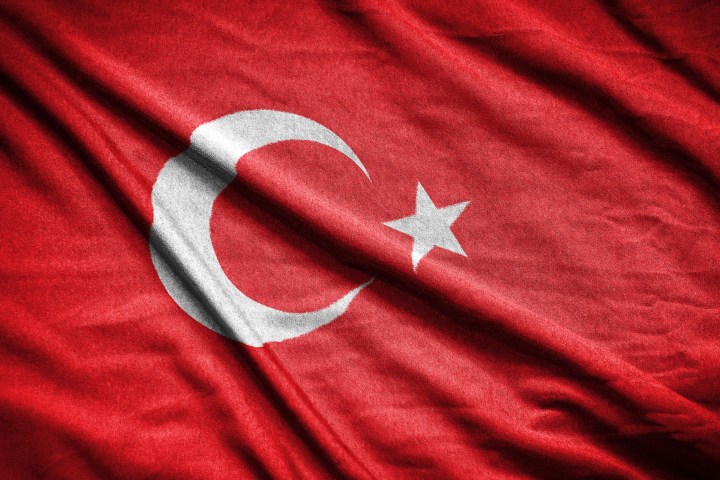
The ban initially applied only to the Supreme Board of Radio and Television but was later extended to “all news, interviews, and visuals regarding the incident” and applied to “any written and visual media, digital media outlets, or social media.” As Vocativ notes, Turkish Internet service providers throttled access to Facebook and Twitter, a move that watchdog group Turkey Blocks made note of, ironically enough, on Twitter. Instagram seems to still be accessible for Turkey residents, though that could change.
Confirmed: Twitter and Facebook blocked in #Turkey by throttling at 1:06AM after #Ataturk #Istanbul airport attacks pic.twitter.com/LoEblca3G9
— Turkey Blocks (@TurkeyBlocks) June 28, 2016
Based on Turkey Block’s latest video, it does not seem as if Turkey directly blocks all access to Twitter, for example, but it took 25 minutes just to access the homepage. Even when the group got to the homepage, the site looked disconnected.
According to the Turkish Prime Minister’s office, the ban was issued as a way to maintain “national security and public order,” with the government not wanting any detailed images of where the attacks took place to elicit and spread “fear and panic, which may serve to the intentions of terrorist groups” and “harm society as a whole.”
For its part, Facebook activated its Safety Check feature, which lets you know if any of your
Turkey has made it a habit to limit or outright ban access to certain social media sites, with the country blocking access to Facebook and Twitter following the Ankara bombing in April. Going further back, Turkey temporarily banned Twitter in December after images of a stand-off between police and far-left militants circulated throughout the social media site.
Editors' Recommendations
- Facebook’s rebrand isn’t quite as drastic as Twitter’s
- The most followed Twitter accounts
- Facebook Messenger app adds calling, following WhatsApp’s lead
- Twitter Spaces is now accessible to people without accounts
- Twitter finally allows you to soft block annoying followers


